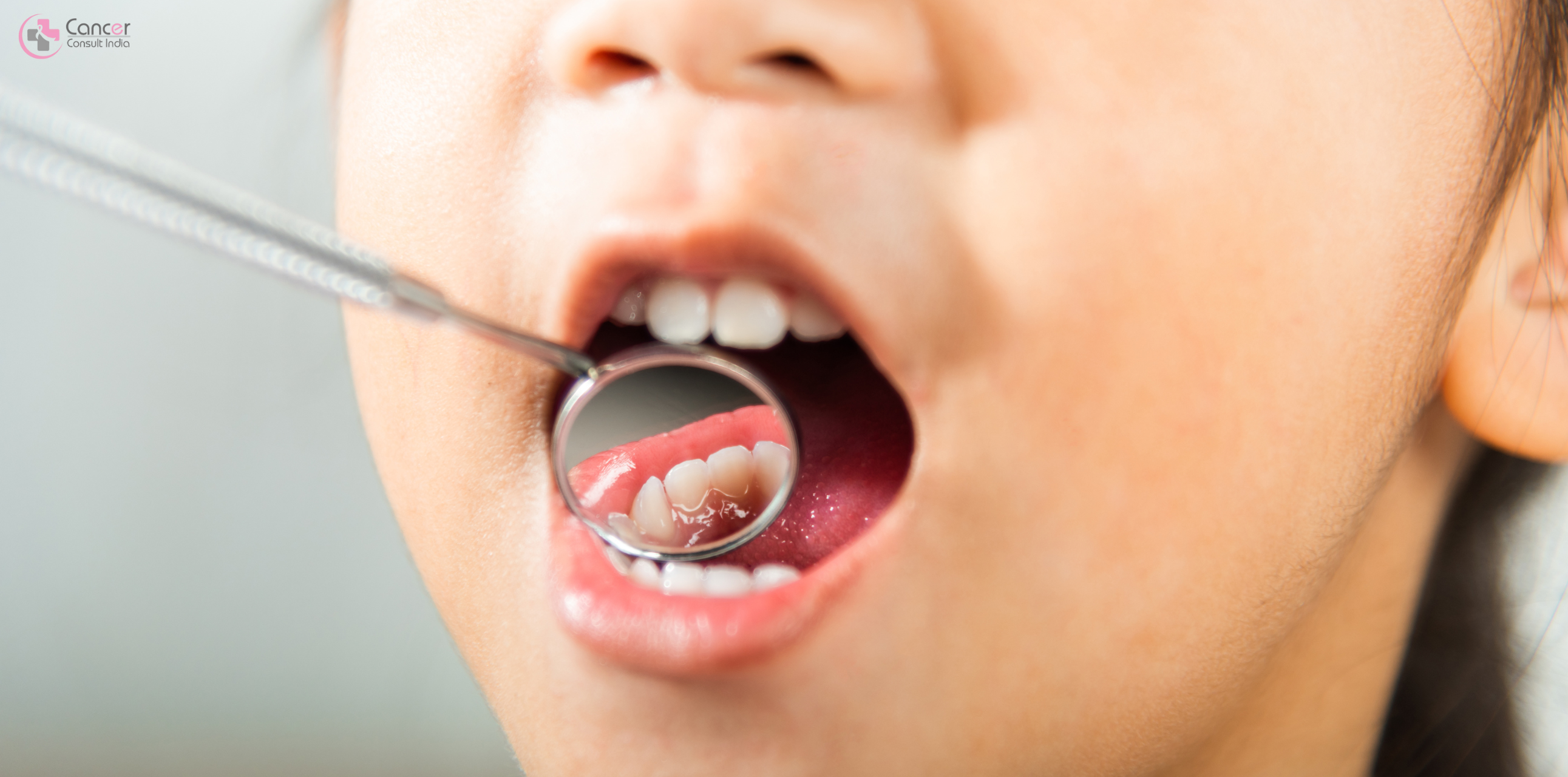Dr Manish Singhal - The best Cancer Specialist in Delhi
Does Oral Sex Cause Oral Cancer?

Oral cancer is a serious illness that puts the lives of thousands of people worldwide at risk every year. Lately, there has been growing concern and speculation about whether or not oral sex can cause oral cancer. In this article, renowned Oncologist in Noida Dr Manish Singhal, takes us through some science behind these fears. He explains what causes mouth cancers and offers tips for prevention as well as early detection.
Getting Familiar with Oral Cancer
Oral cancer refers to any malignant tumor that develops in the lips, tongue, cheeks, floor of mouth (underneath) throat, or pharynx (which includes the tonsils). Typically, initial signs include persistent sores, lumps/bumps on the inside part of the mouth or throat area as well as trouble swallowing coupled with voice changes like bad breath, etc.
But they may vary from person to person depending on where it is located within their body system. As per a cancer doctor in Delhi, many years of smoking and alcohol consumption have been identified as significant risk factors for developing such types of cancers. However, recent studies conducted also revealed some strains of Human papillomavirus (HPV), especially those affecting younger population groups.
The HPV Link
Human papillomavirus, commonly referred to as HPV, is known to have several types that cause infection. Among them are some which can lead to cancer. Among these high-risk strains is HPV 16, which strongly correlates with Oropharyngeal Cancer. It affects parts around the middle third portion down towards the base of the tongue up until the tonsils area situated just above the back part roof palate.
This connection raised concerns about whether having unprotected oral sex could expose one person’s mouth/throat region to increase the chances of getting infected by this particular type of virus. It puts them at higher risk for developing malignancies later in life.
Modes Of Transmission For HPVs
Mostly, transmitted via direct contact involving moist surfaces, intimate contact such vaginal intercourse, anal intercourse, or even mouth-to-genital contact could provide a suitable environment for transmission to take place between two individuals. When people engage in oral sex, they can transfer HPV from their mouth area into another person’s and infect them through an exchange of body fluids like saliva, which happens during such activities.
Infections caused by most HPVs usually go unnoticed since our immune system fights against them before they can cause any harm. But, if left undetected, persistent infections with high-risk types might eventually lead to the development of abnormal cells over time that later become cancerous.
Proofs For Linking Oral Cancer To Oral Sex
Several studies have shown strong evidence linking oropharyngeal (throat) cancer-related HPV infection. It has been found that those who had multiple partners for oral sex were more likely to get affected by these types of malignancies than those who didn’t indulge themselves in such behaviors at all. Such findings were published in the New England Journal of Medicine, where researchers discovered people with six or more lifetime sexual partners have higher chances of contracting throat cancer caused by the Human Papilloma Virus.
Furthermore, the American Cancer Society reports about 70 % of being caused by this particular pathogen. It shows just how significant a role is played by HPV towards the onset of these diseases. So, there is a need for understanding as well as addressing associated risks under the guidance of an Oncologist in Delhi.
Strategies to prevent
The main aim is to prevent HPV-linked oral cancer by addressing the root cause, which is HPV infection. Here are some of the most effective ways to lower the risk of contracting HPV as well as subsequent cancer development:
Inoculation against HPV
One of the most effective methods of preventing this type of infection is immunization. Both males and females should receive the vaccine before they start being sexually active. This vaccine targets those strains of high-risk HPVs that are common, including 16 to significantly reduce the chances of getting any form of cancer related to it.
Safety during sexual intercourse
Engaging in safe sex can also help prevent the transmission of HPV. Using protection like condoms or dental dams when having oral sex may lower the chances of getting infected with this virus, though not entirely.
Frequent health tests
Going for regular medical checkups, particularly at dentists’ offices, could help detect precancerous changes early enough before they become malignant tumors within one’s mouth or throat for higher success rates during treatment.
Reduced sexual partners
Having fewer sexual partners reduces the risks associated with contracting different types (strains) of human papillomaviruses. It minimizes the chances of developing any related malignancies. It would even be better if individuals engage in exclusive relationships where their spouses have tested negative for all forms, including low-risk ones.
Conclusion
Though oral sex is associated with increased chances of getting infected by certain forms of human papillomaviruses, there is a need to take preventive measures into account. Understanding how these malignancies happen and the importance of immunization, safety during sexual intercourse, and frequent health checks are essential.
Dr Manish Singhal from CCI, a Cancer Doctor in Noida, underscores the significance of being aware of preventing mouth cancers. People can safeguard themselves and their loved ones against this deadly illness if they adopt healthy living habits while remaining watchful throughout life.




